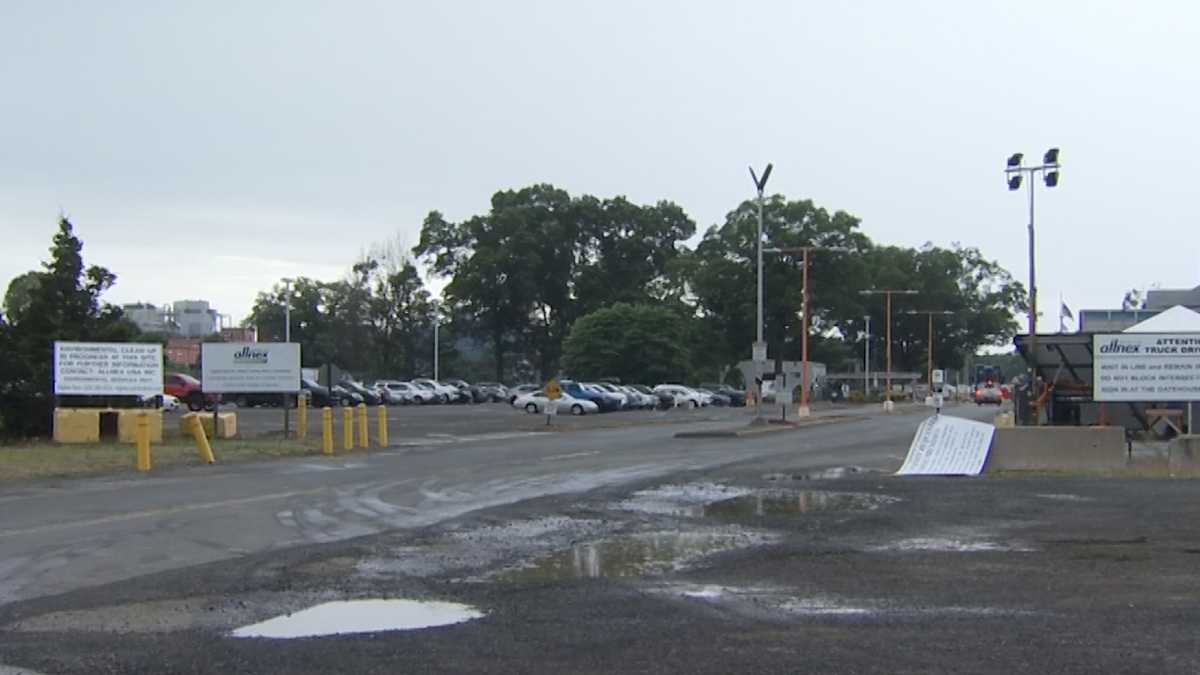As Connecticut fights a cut in public health funding, officials are worried about how that loss would impact people in Connecticut.
As the state continues to fight the Trump administration over public health funding, officials here in Connecticut are worried about the impacts of the potential loss.
John Driscoll, an advisor to Gov. Ned Lamont, said the money was about enacting the lessons learned from the COVID-19 pandemic.
Stream Connecticut News for free, 24/7, wherever you are.
He added lower-income residents will likely feel the impact of those cuts, and other potential changes at the federal level, the most.
“The majority of the things they’re using the money for is taking away from the poor,” Driscoll, who is also chair of UConn Health’s board of directors, said in an exclusive interview with NBC Connecticut.
Get top local Connecticut stories delivered to you every morning with the News Headlines newsletter.
Connecticut is fighting to restore $175 million in public health grants. The state joined a lawsuit challenging $11 billion cut by the Department of Health and Human Services.
HHS Secretary Robert Kennedy Jr. has defended the cuts by saying the money is COVID-elated. With the pandemic now over, the administration wants to use the funding for other priorities.
Driscoll noted the money was supporting vaccine outreach and disease tracking, with much of the work being done by local health districts.
Local
Robert Rubbo, president of the Connecticut Association of Directors of Health, said the goal is to prevent another outbreak.
He noted Connecticut was able to avoid major outbreaks during other recent pandemics, like Zika and Ebola, but said COVID showed the state isn’t immune.
Now, public health officials are focused on trying to minimize the chance of a measles outbreak in the state.
“An enormous part of public health is preparedness, so we want to be prepared to respond to new, emerging infectious diseases,” Rubbo said.
Connecticut Republicans have noted these cuts are in limbo after a judge put them on hold while the lawsuit makes it way through court.
Rep. Joe Polletta (R-Watertown) also said Connecticut has the funding to absorb those costs should the cuts take effect, a reference to the state’s $4.2 billion budget reserve.
“The intention is there but it hasn’t happened yet, and if and when it does happen, I think we can look at the rainy day fund,” Polletta said. “I'm more than happy to look at the rainy day fund.”
Driscoll agrees Connecticut should look to cover some of those costs, but is also worried the state could have to deal with more cuts in the future.
Some Congressional Republicans have said they want to cut at least $1.5 billion in spending.
They adopted a bill Thursday that directs the House Energy and Commerce Committee, which oversees Medicaid, to find $880 billion in savings.
Driscoll said the state may have to convince – or even mandate – insurance companies cover some of the programs impacted by cuts, such as screenings for newborns to detect rare conditions and vaccines.
“We're going to have to figure out a way to do more with less and also engage the private sector to make sure they’re doing their fair share,” Driscoll said.
Even amid the funding fight, Driscoll sees opportunities to work with the Trump administration on healthcare.
He noted President Donald Trump has voiced a desire to bring down prescription drug prices, for example.
“The president’s not wrong on the fact that the average consumer is getting a worse deal in the U.S. than in Europe, that’s crazy,” Driscoll said.
But he also worried that Trump’s tariffs, including a 10% baseline tariff on all imports and rate of 145% on Chinese goods.
Driscoll noted U.S. drug manufacturers get many of their ingredients and supplies from China and India.
He warned the tariffs could lead to price increases and raise the risk of periodic shortages of certain drugs.



